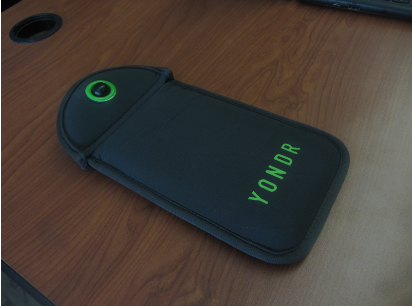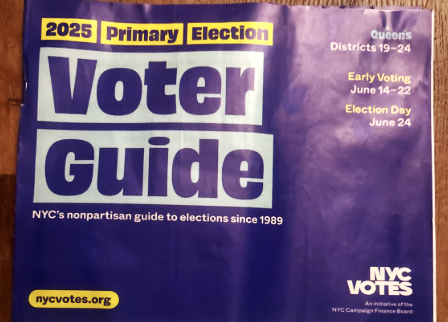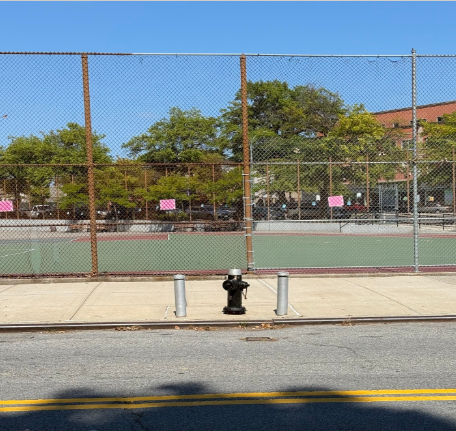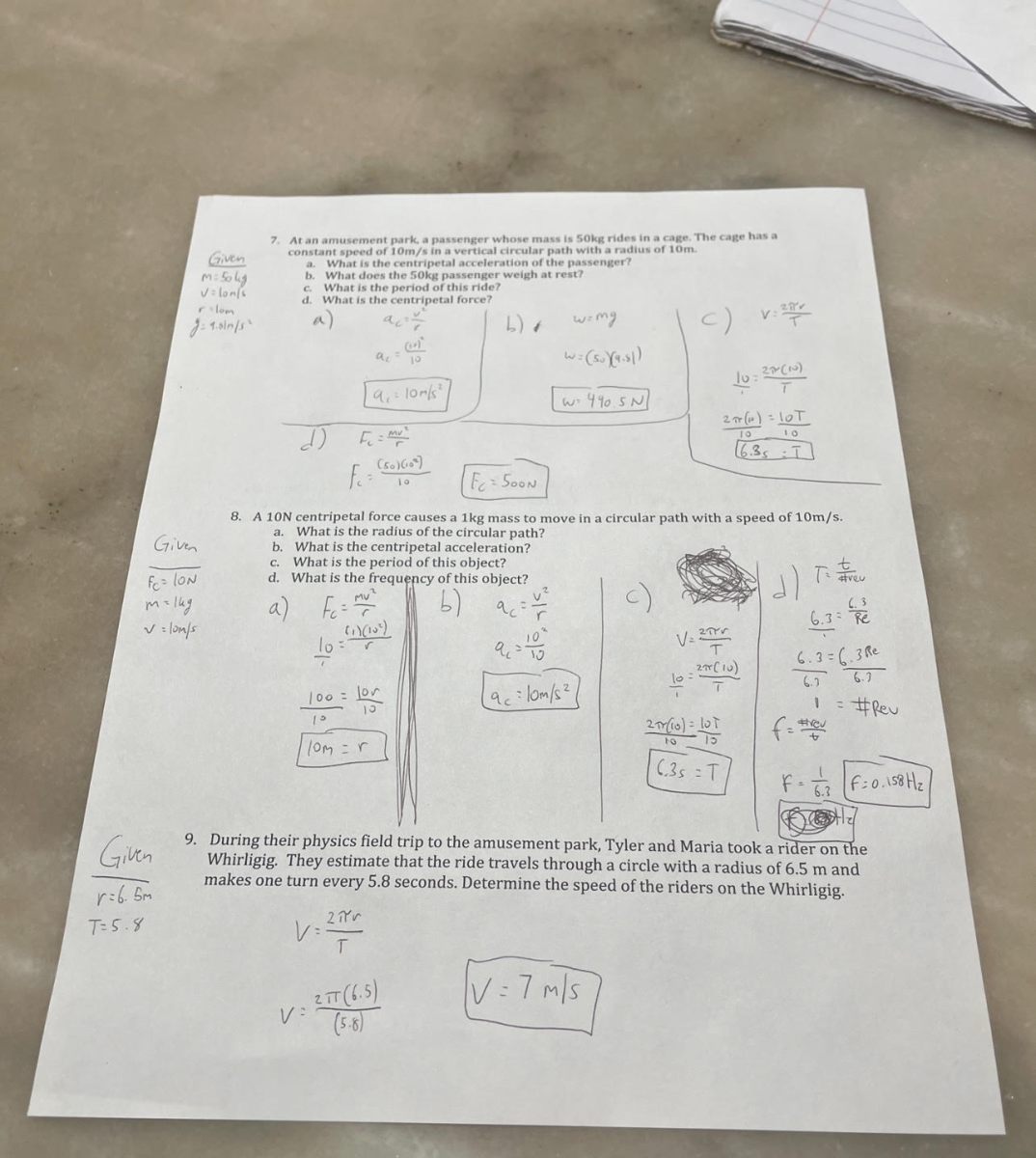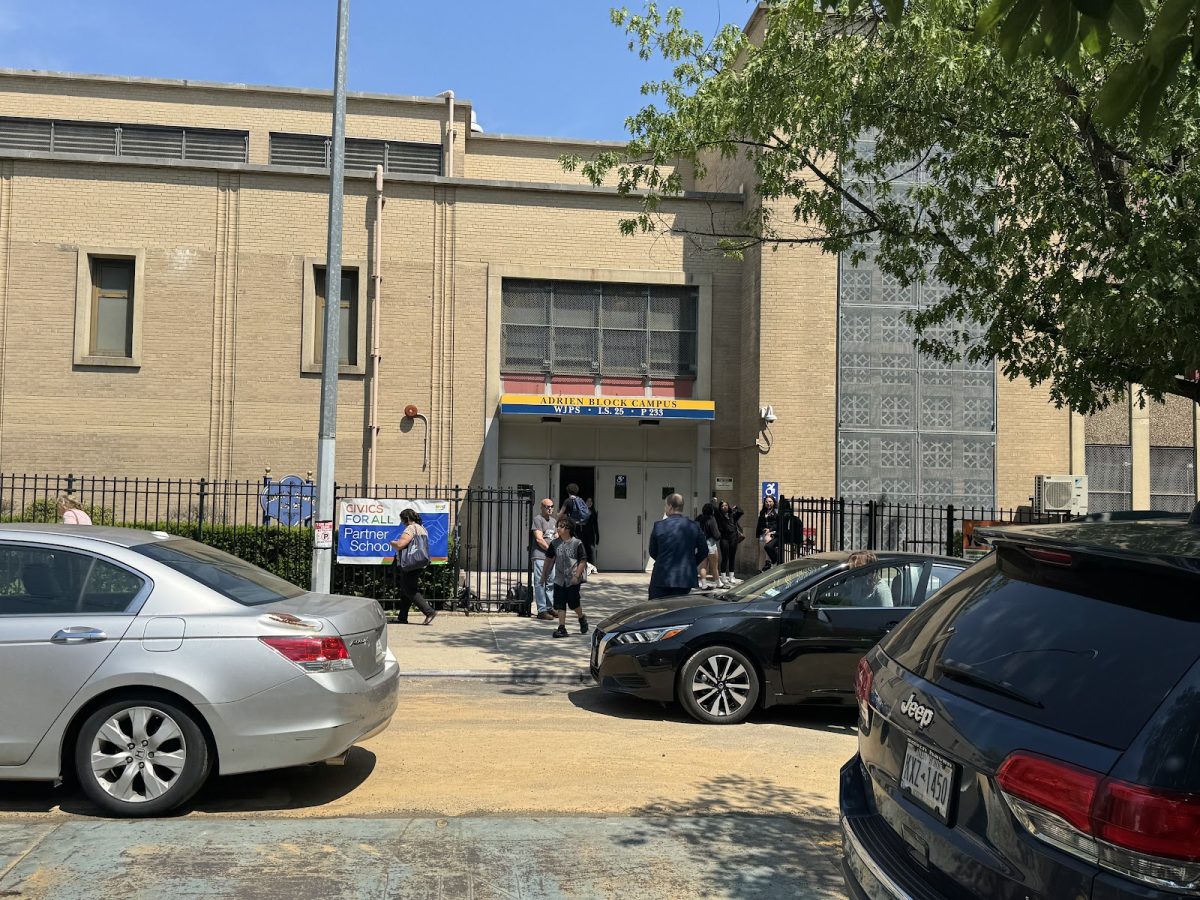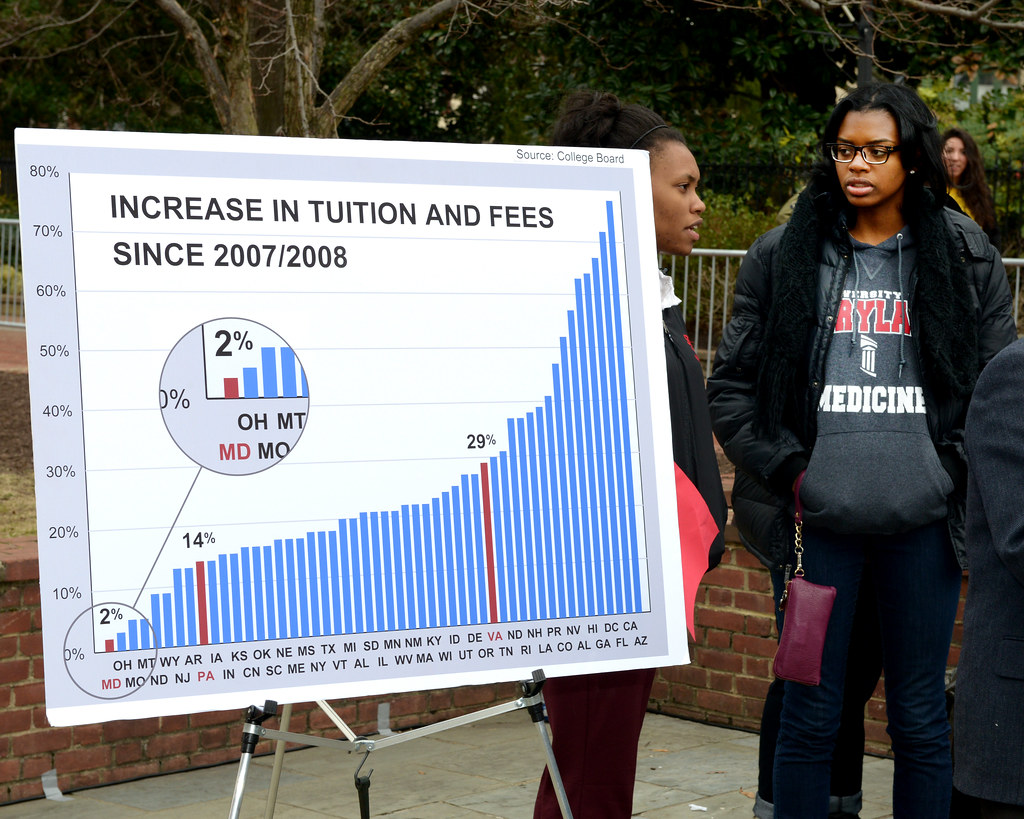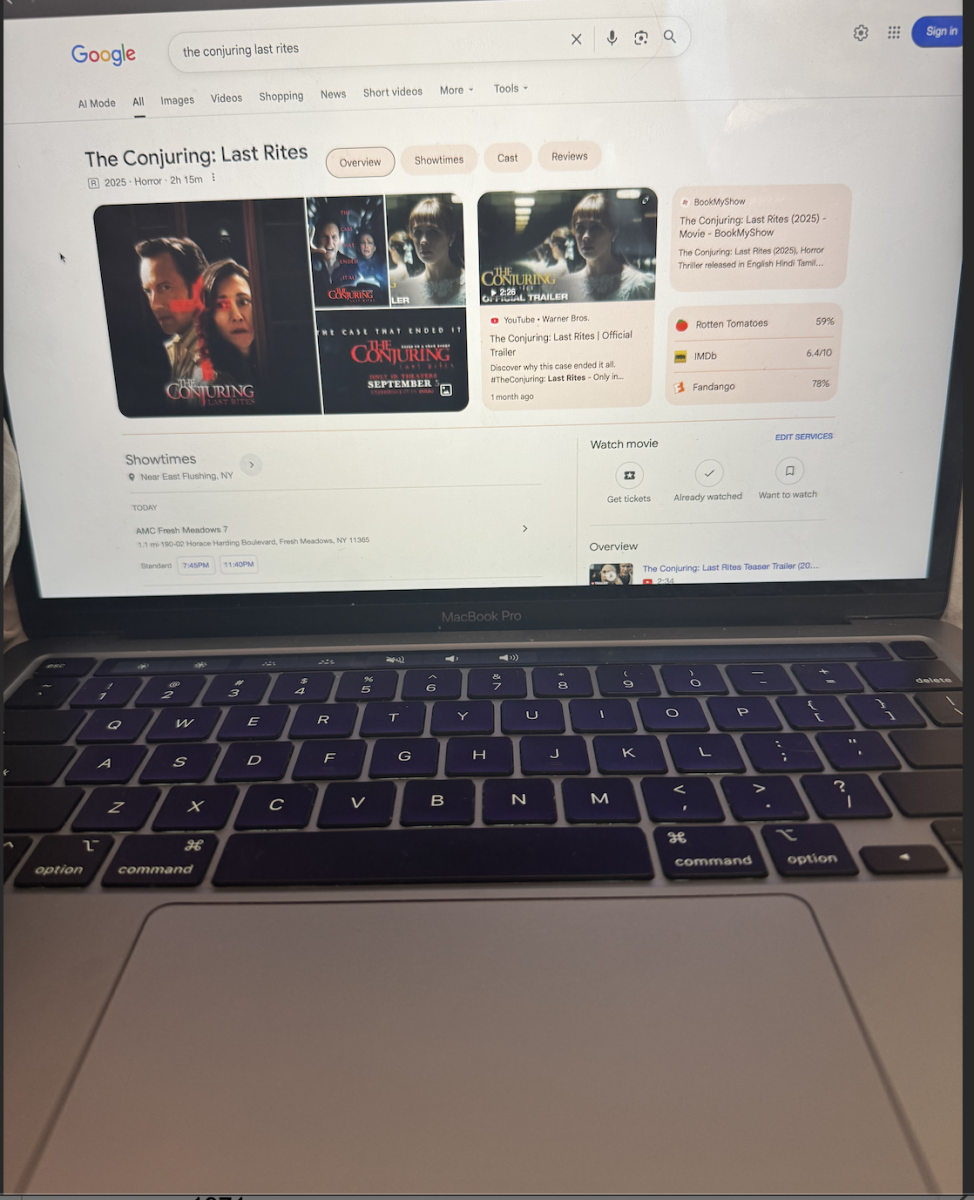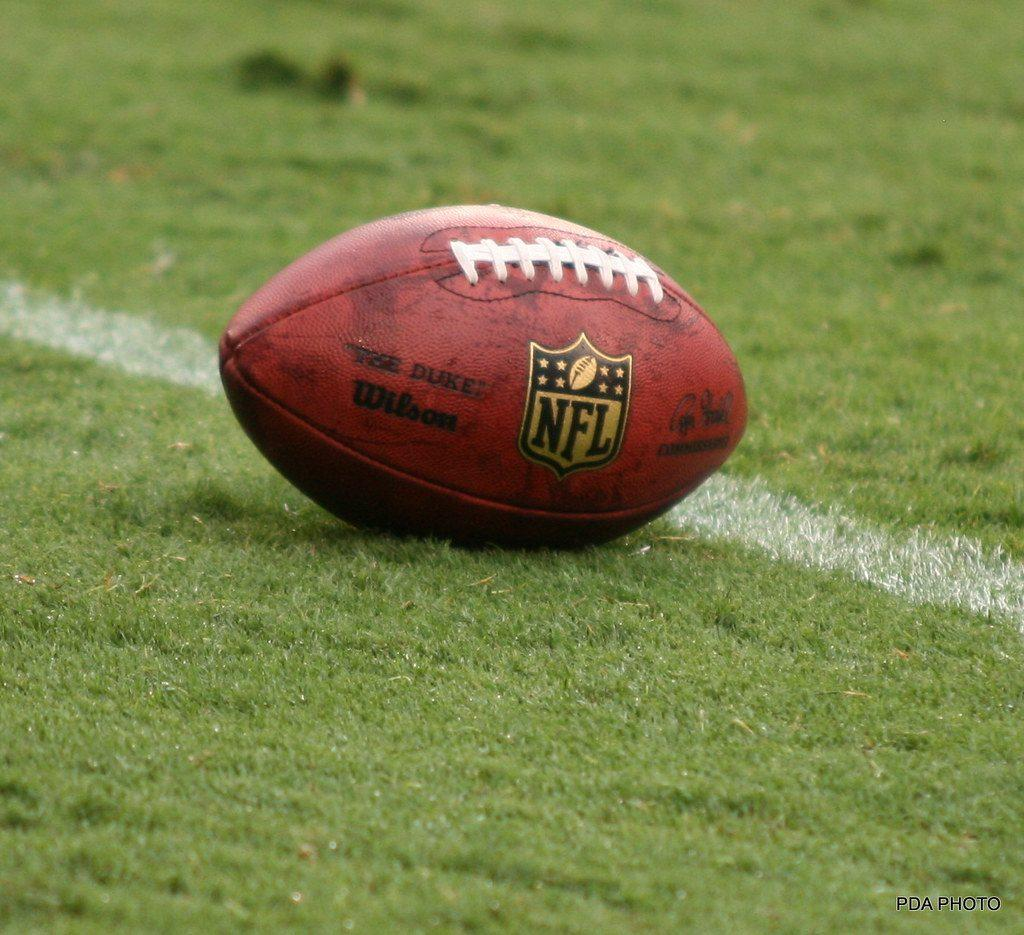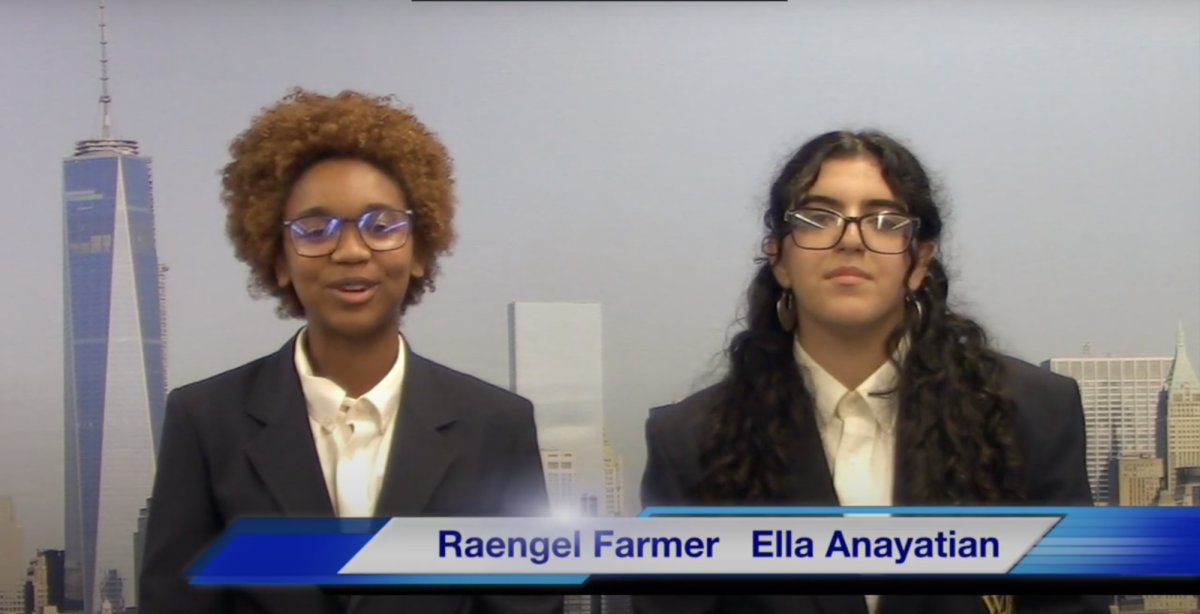by Stephanie Yaipen, staff reporter

A teenager’s group of friends begin using marijuana. She tells them she doesn’t want to try, but they tell her that she’ll feel good about herself. After a while, she becomes addicted. The marijuana is her gateway drug, and after that, she begins trying other things.
When kids become teenagers, they get rebellious. They learn new things, and their hormones increase.
According to Inspiration Youth, in 2008 over 22.2 million people from age 12 and over have dependence of drug over the past year. Not everyone is strong enough or smart enough to say no. Teens are more likely to try drugs because they want to be cool, because of peer pressure, or even because it just feels good.
“I took drugs because it made me feel good. I was depressed because of my girlfriend, when she left me I did drugs to not think about her. I am now in rehab I have been here for 7 months, I should of been done by now but I misbehave,” drug consumer Freddy Diaz said.
“I have a lot of friends that do drugs, I have tried it before but I don’t really like it. People say it makes them feel good but those people have problems in life, so the people who need drugs enjoy it more,” junior Marla Riera said.
According to the NIDA, “The brain’s limbic system works by giving you satisfaction when something good happens to you. The first time you try any type of drug, you usually experience unnaturally intense pleasure. This activates the reward circuitry in your brain, releasing dopamine to carry the message so that whatever is causing the pleasure is good. Your brain begins to change because of the unnatural flood of neurotransmitters. The neurons sense that there is more than enough dopamine production, and so they reduce the number of dopamine receptors or make less dopamine, resulting in less dopamine signaling your brain.”
Because this happens the circuits that cause pleasure is weak so it then needs drugs to help activate it. If no drugs is taken then the person may feel depressed and lifeless. This is called tolerance, which causes drug addiction.
Teens are introduced to drugs because of the environment they are in. According to CSmonitor (http://www.csmonitor.com/USA/Education/2012/0822/Almost-1-in-5-teens-smokes-or-uses-drugs-at-school-US-students-report), about 1 in 5 teens use drugs. Drugs can be used anywhere by anyone, but the question is why are teens an easy target to drugs. Teens use drugs because they are depressed, or because they want to fit in. Another reason may be because they live with it, or grew up knowing about it.
How it happens:
Ten percent of people who use drugs become addicted. Environmental and genetic factors lead to addiction and to the use of drugs. (assessing Drug Abuse Within and Across Communities in Drugabuse.gov/)
Neighborhoods in poverty have a high rate of drug abuse. Drug dealers are regular people in any neighborhood who sell drugs to make money. They aim to influence teens, especially to get money from them. Teens are easy to persuade and easy targets because they are growing and they are curious to try new things.
“Around my neighborhood there are drug dealers that have offered me weed but I said no,” junior Asad Arif said.
People are more likely to abuse drugs because the people they surround themselves with abuse drugs too. According to Livestrong, the groups that teenagers hang out with influence whether or not they’ll begin using drugs. Peers influence one another to use drugs by convincing them that drugs will make them feel good about themselves.
“I have friends that do drugs especially when we go out to party; they always offer me so I can have more fun, but I can have fun without drugs,’’ sophomore Christina Losito said.
According to the National Institute on Drug Abuse, if children have parents that use drugs, then the child has a higher risk of abusing drugs. The child then uses drugs for both environmental and genetic reasons.
Drug abuse leads to drug dependence; people rely on drugs to function normal. It has a dangerous effect because it leads to drug addiction. People then use drugs to cope for emotional distress, anxiety, depression, and environmental stress.
“I believe marijuana was a gateway for me because that’s how it all started, first with weed, then with alcohol, and then I started to take pills. My doctor tells me I’m lucky I didn’t get any further. He said my addiction towards relying on drugs could have led me to do worse drugs, such as cocaine or heroin,” Diaz said.
The signs:
According to Medline plus
People who are more likely to abuse or become dependent on drugs are:
-
Have depression, bipolar disorder, anxiety disorders, and schizophrenia
-
Have easy access to drugs
-
Have low self-esteem, or problems with relationships
-
Live a stressful lifestyle, economic or emotional
-
Live in a culture where there is a high social acceptance of drug use
Some of the symptoms and behaviors of drug dependence include:
-
Confusion
-
Continuing to use drugs even when health, work, or family are being harmed
-
Episodes of violence
-
Hostility when confronted about drug dependence
-
Lack of control over drug abuse – being unable to stop or reduce alcohol intake
-
Making excuses to use drugs
-
Missing work or school, or a decrease in performance
-
Need for daily or regular drug use to function
-
Neglecting to eat
-
Not caring for physical appearance
-
No longer taking part in activities because of drug abuse
-
Secretive behavior to hide drug use
-
Using drugs even when alone
“I have a cousin who did a lot of drugs and now he has schizophrenia. He also suffered from depression, he was then interned in a hospital,” senior Christopher O’Driscoll said.
Treatment
First step is to recognize the problem, don’t be in denial. Being in denial is a symptom of addiction. Second, find a support group which is available within the community. Most support groups have a 12 step program. Support groups can be found in phone books.
Third would be remaining in the 12 step program and not going near drugs.
“In rehab I have group programs everyday and a psychiatrist. Rehab has helped me quite the hard way. I was addicted but now that I am stuck in rehab I am forced to not take any sort of drugs. I have no way to get drugs. I do admit they help me forget about drugs. I guess they keep me busy here,” Diaz said.
CBS News reports that a recent survey indicates approximately two million teens between the ages of 12 and 17 currently need treatment for a substance abuse problem, but only about 150,000 get the help they need.
It can happen to anyone.
According to Project Know, “Just because a teen is smart, does not mean that he is mature enough to have sound judgment about his decisions.
“I took a lot of pills once and I was hospitalized, when social services got involved they saw that I never went to school and that I was tested positive for marijuana. I was then sent to rehab by court authority. I’m still in rehab for another 2 weeks, unless I misbehave then I have to stay longer,” Diaz said.
Drugs are spread everywhere and anyone, especially teens, can become its target.



